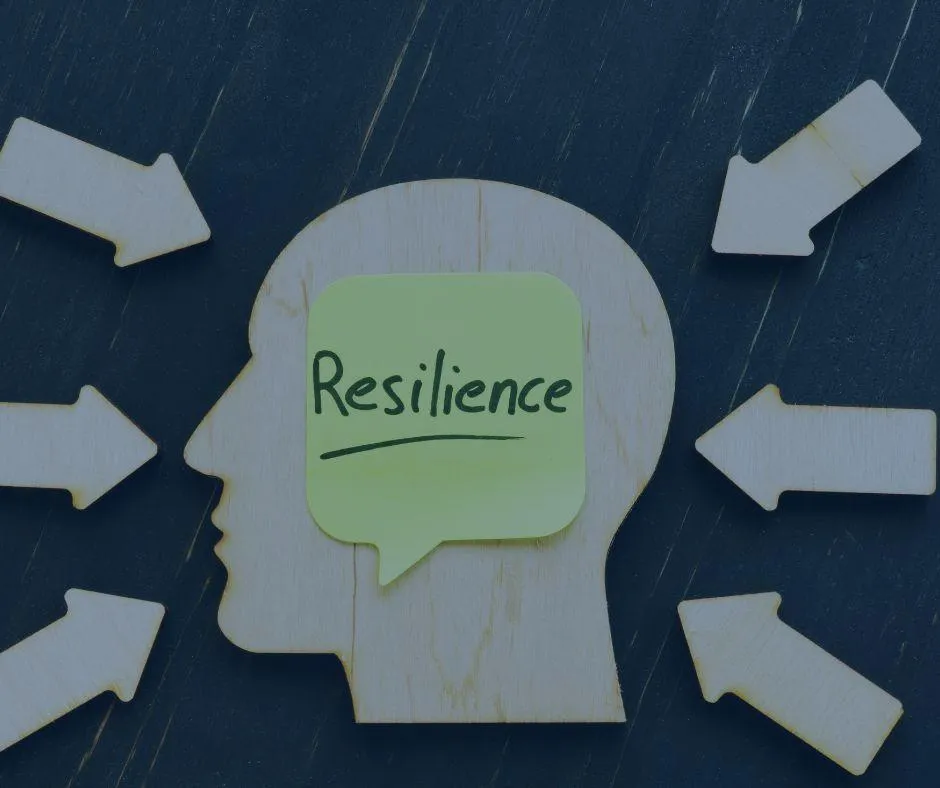
The Fleeting Nature of Success: Why True Leaders Never Stop Growing
Success isn’t a destination, it’s a fleeting moment.
Think of an Olympic sprinter crossing the finish line. That gold-medal euphoria? It lasts about 72 hours before the brain’s hedonic treadmill resets. In business, the thrill of a promotion or record quarter fades just as fast.
Yet most professionals fall into two traps:
Resting on laurels (the I’ve made it delusion)
Chasing the next high (the burnout spiral)
The solution? A third way, one embraced by leaders like Satya Nadella and Jacinda Ardern. Let’s explore.
Why Success Feels Temporary (It’s Biological)
The Hedonic Treadmill Effect
Neuroscience shows our brains quickly normalise achievements. That promotion? The dopamine hit fades in 6-8 weeks. This isn’t ingratitude, it’s evolutionary wiring that kept our ancestors striving.
Corporate wellness insight:
Track team morale 3 months post-win. Most organisations see a 22% drop in engagement (Gallup data) unless they actively reinvest success into new growth.
The Two Dangerous Mindsets
1. The Monument Builder
Clings to past glories ("Remember our 2020 record profits?")
Avoids risks that could "tarnish" their legacy
Example: Kodak’s leadership clinging to film while digital boomed
2. The Trophy Hunter
Addicted to external validation (job titles, awards)
Chases goals without savouring progress
Example: WeWork’s Adam Neumann pursuing scale at all costs
Psychological cost: Both lead to disengagement, either from complacency or exhaustion.
The Leader’s Antidote: "Dynamic Satisfaction"
High-performers like Serena Williams and Elon Musk share a trait: they’ve mastered dynamic satisfaction, the art of:
✔ Celebrating wins fully (neural reward)
✔ Quickly pivoting to new challenges (growth focus)
✔ Using success as fuel, not identity (resilience)
How to Cultivate This
1. The 24-Hour Rule
Savour victories for one day, then conduct a lessons learned debrief
Example: After NHS England’s vaccine rollout success, teams immediately analysed improvements for future crises
2. Set Horizon Goals
Maintain 3 simultaneous goals:
Immediate (quarterly target)
Mid-term (1-2 year vision)
Legacy (5+ year impact)
Psychology hack: This balances dopamine (short-term) and purpose (long-term)
3. Reframe Your CV
Most list past achievements
Elite performers curate a Future CV, skills and roles they’re growing toward
Exercise: Have your team draft 2026 CVs to align development
Case Study: Microsoft’s Cultural Reset
When Satya Nadella became CEO, he:
Banned know-it-alls → Hired learn-it-alls
Rewarded failure that led to innovation
Measured impact, not activity
Result? A $500B market cap increase by focusing on growth over past glory.
Your Resilience Toolkit
For Leaders:
Monthly Legacy Check-Ins - Will this effort matter in 5 years?
Failure Autopsies - Analyse 1 past mistake quarterly, what wisdom did it unlock?
For Teams:
Progress Parties - Celebrate effort metrics (e.g., skills gained) not just outcomes
Stress-Test Scenarios - Role-play coping with sudden success (prevents complacency)
The Ultimate Question
Are you building a career, or becoming the type of person who deserves success?
Moments of triumph will come and go. The real win? Developing a mindset that thrives beyond them.
Next Steps
Book a 15-min strategy call to embed this in your leadership
Share this with one colleague who’s either stuck or burning out
Because in the end, we don’t remember the victories, we remember who we became pursuing them.
Learn more about EQ workshops, coaching, and tailored leadership programmes with Verde Vitae.
If you liked this quick notes article you might like this one too:
Top 5 Corporate Wellness Trends in the UK for 2025
Authentic Leadership: How to Lead with Confidence and Stay True to Yourself
Unleashing Team Potential: The Science Behind High-Performing Teams
